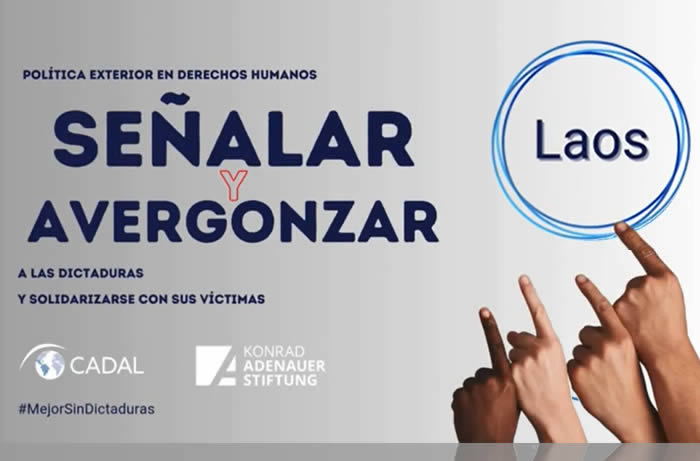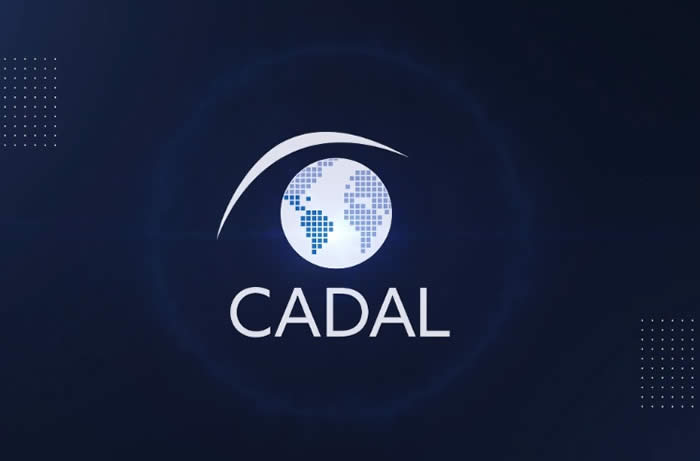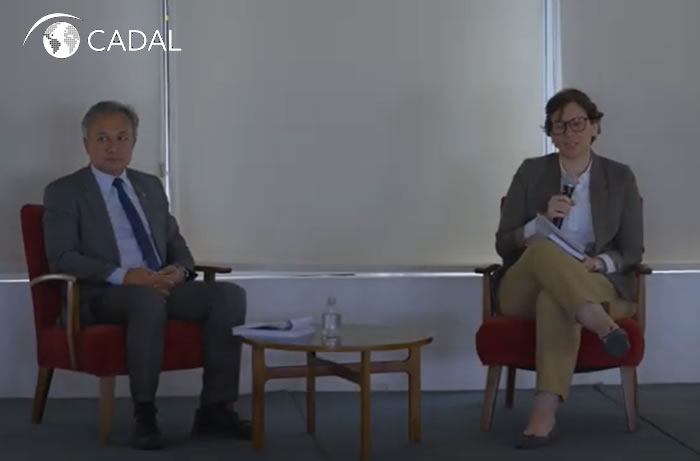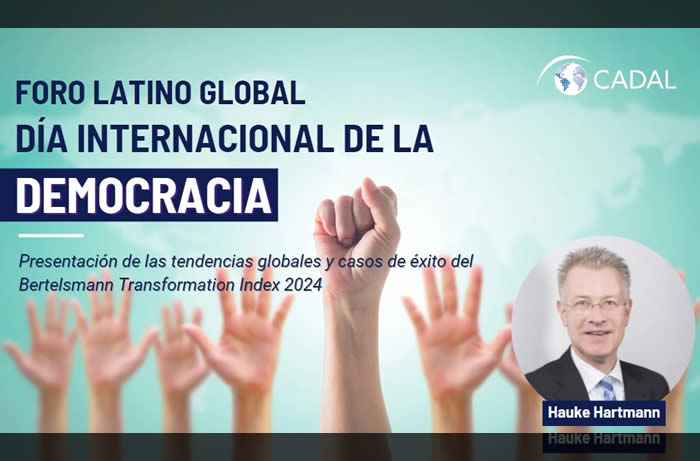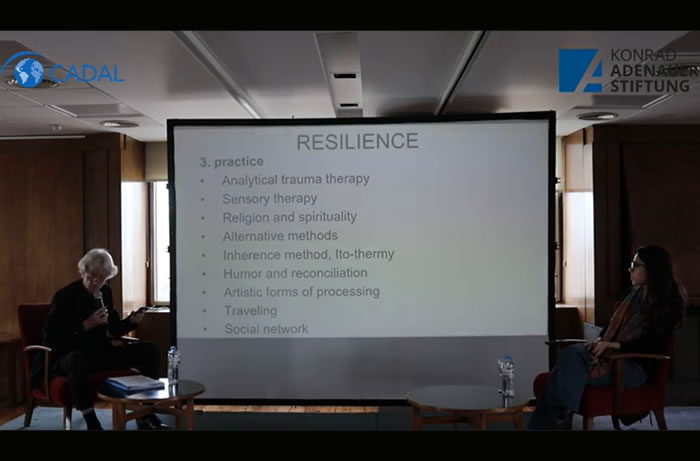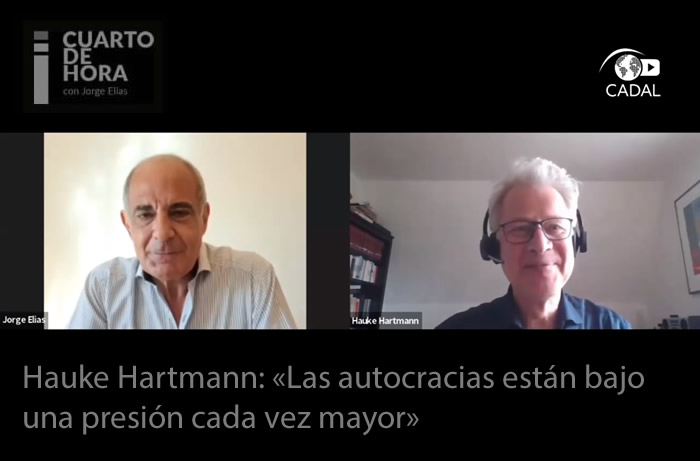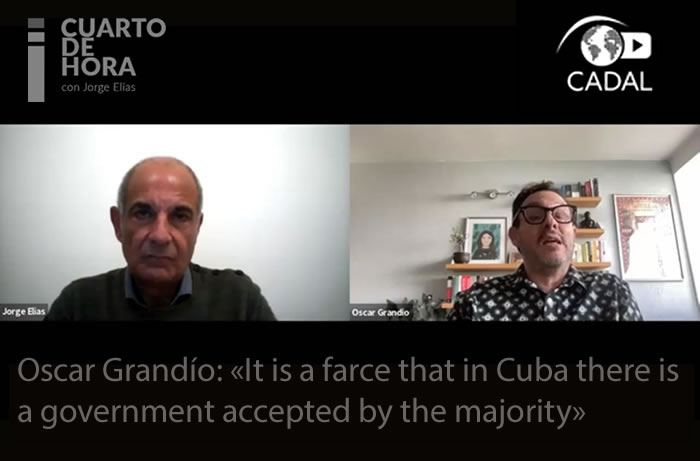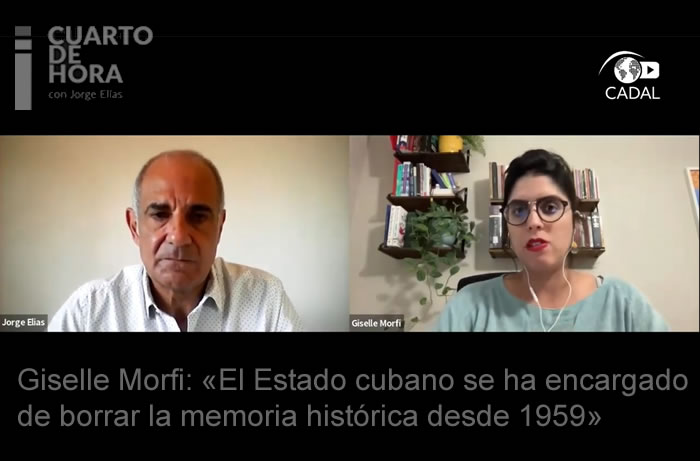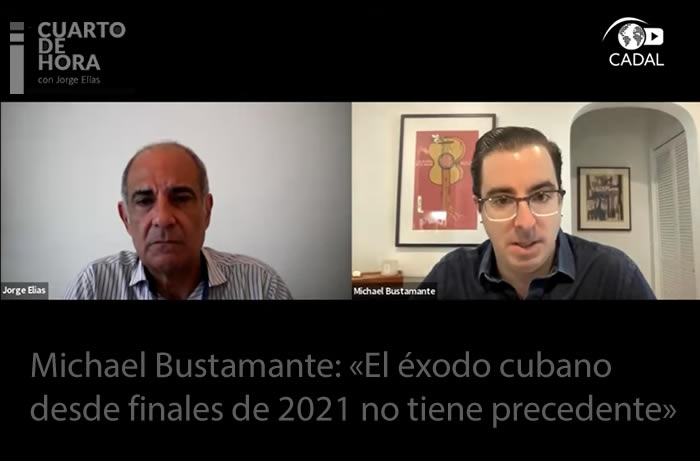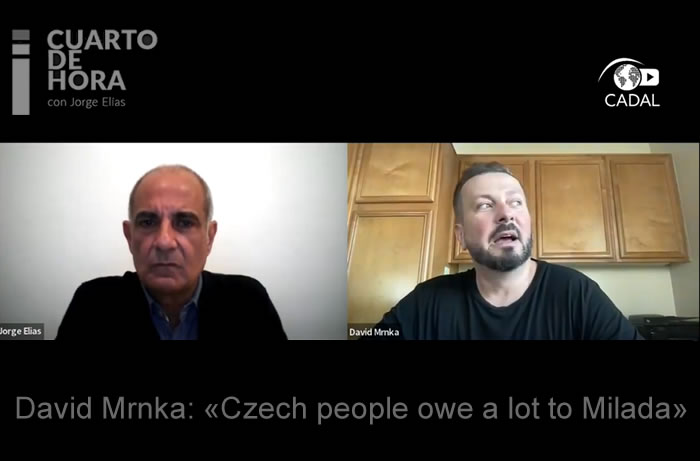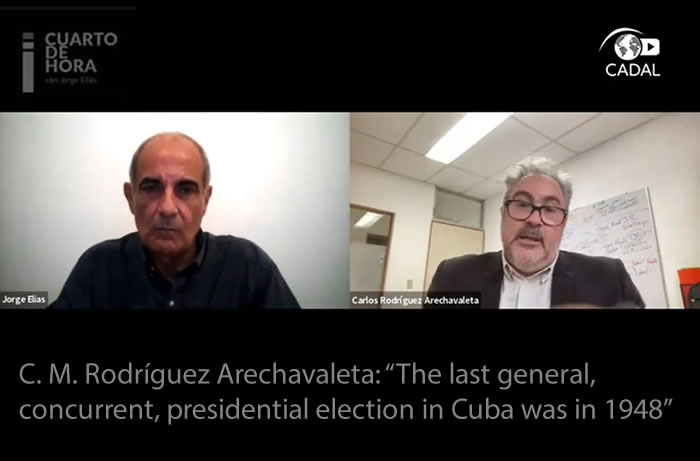Statements
Inflation tops congressional concerns
More than seven of 10 legislators that form part of a number of commissions on economic fiscal and productive issues from both Chambers of Congress remarked that inflation (73.3 percent) is the main problem that the Argentine economy will face over the next two years, while a few less (65.9%) identified the inflation tax as the worst in the economy. At the same time an overwhelming majority of 97.7 percent discarded the idea of publishing official inflation indices record lower price increases than those that actually occurred, according to a report issued yesterday by the CADAL think tank.
In its View of the Argentine Economy in which 35 deputies and 10 senators from all parties took part, the second most important concern shown by the legislators was structural poverty (57.8%) and with a slightly lower percentage (55.6%) legal insecurity, while less than half (48.9%) expressed concern over the low investment levels in the economy.
The majority concern noted over the rising inflation links in with the fact that 95.5 percent of those surveyed pointed out that private investment needs a business climate which should be generated by the State, based on predictable economic policies.
As to how to put a brake on the rising prices of mass consumption items, 60.5 percent of the legislators considered that the best option would be to “reduce the Value-Added Tax on items in the basic food basket” while slightly more than half pointed out that the government should “control money printing.” As a third alternative, legislators considered that “the market should be left to its own devices and the poor should be helped with direct monetary transfers.
As to the best way of getting rid of the morass of subsidies affecting public utility tariffs, the majority consensus (54.8%) was that a “scaled increase should be negotiated that includes all users,” while 38.1 percent expressed an additional preference that “adjustment mechanisms should be established for the future”but the options of “updating tariffs automatically in line with inflation” and “granting subsidies so that utility rates don’t increase” did not receive any positive responses.
As for unemployment and the methods to deal with it, most legislators opted for the establishment of a uniform unemployment insurance scheme which did not only benefit large companies.
The legislators in the survey were also in favour of a balanced budget with priority given to Health and Public Works while 72.7 percent of them believed that the cheque tax is the most distorting applied while also believing that the taxes on farm export duties should be reduced or eliminated.
Herald staff
Buenos Aires Herald (Buenos Aires, Argentina)
Buenos Aires Herald (Argentina)
More than seven of 10 legislators that form part of a number of commissions on economic fiscal and productive issues from both Chambers of Congress remarked that inflation (73.3 percent) is the main problem that the Argentine economy will face over the next two years, while a few less (65.9%) identified the inflation tax as the worst in the economy. At the same time an overwhelming majority of 97.7 percent discarded the idea of publishing official inflation indices record lower price increases than those that actually occurred, according to a report issued yesterday by the CADAL think tank.
In its View of the Argentine Economy in which 35 deputies and 10 senators from all parties took part, the second most important concern shown by the legislators was structural poverty (57.8%) and with a slightly lower percentage (55.6%) legal insecurity, while less than half (48.9%) expressed concern over the low investment levels in the economy.
The majority concern noted over the rising inflation links in with the fact that 95.5 percent of those surveyed pointed out that private investment needs a business climate which should be generated by the State, based on predictable economic policies.
As to how to put a brake on the rising prices of mass consumption items, 60.5 percent of the legislators considered that the best option would be to “reduce the Value-Added Tax on items in the basic food basket” while slightly more than half pointed out that the government should “control money printing.” As a third alternative, legislators considered that “the market should be left to its own devices and the poor should be helped with direct monetary transfers.
As to the best way of getting rid of the morass of subsidies affecting public utility tariffs, the majority consensus (54.8%) was that a “scaled increase should be negotiated that includes all users,” while 38.1 percent expressed an additional preference that “adjustment mechanisms should be established for the future”but the options of “updating tariffs automatically in line with inflation” and “granting subsidies so that utility rates don’t increase” did not receive any positive responses.
As for unemployment and the methods to deal with it, most legislators opted for the establishment of a uniform unemployment insurance scheme which did not only benefit large companies.
The legislators in the survey were also in favour of a balanced budget with priority given to Health and Public Works while 72.7 percent of them believed that the cheque tax is the most distorting applied while also believing that the taxes on farm export duties should be reduced or eliminated.
Herald staff
Buenos Aires Herald (Buenos Aires, Argentina)




